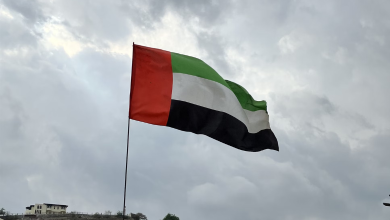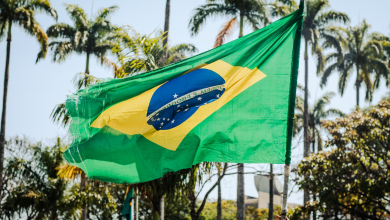Landmark agreements adopted at COP16 Biodiversity Summit. But issues remain
Colombia’s Environment Minister Susana Muhamad calls it a ‘people’s COP’. The COP16 Biodiversity Summit has concluded and several landmark decisions have been made, including the first-ever agreement on nature’s genetic data.
Indigenous Peoples and local communities have been given a greater voice in decision-making on biodiversity. “This is an unprecedented occasion in the history of multilateral environmental agreements,” said Camila Paz Romero, spokesperson for Indigenous Peoples.
In Cali, the annual Summit, officially the 16th Conference of the Parties to the UN Convention on Biological Diversity, concluded after 12 days of meticulous discussions. The central objective of the Convention is to promote measures that lead to a sustainable future.
Some pressing issues couldn’t be resolved at COP16 Summit
The COP16 Summit gave Indigenous Peoples and local communities recognition as protagonists in biodiversity conservation and, simultaneously, decided to create a subsidiary body for them under article 8J of the Convention.
The subsidiary body translates into a permanent space for Indigenous Peoples and local communities to participate in critical decision-making. In another first, participants decided to create a global fund for collecting economic resources from the use of genetic data.
But there are a handful of issues that couldn’t be resolved during the Summit, such as a monitoring mechanism to measure the progress of countries in protecting biodiversity. By the close of the event, there’re no longer enough negotiators present to reach a deal.



